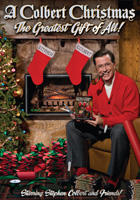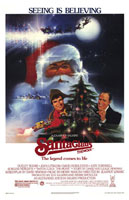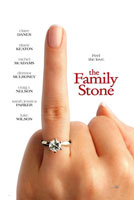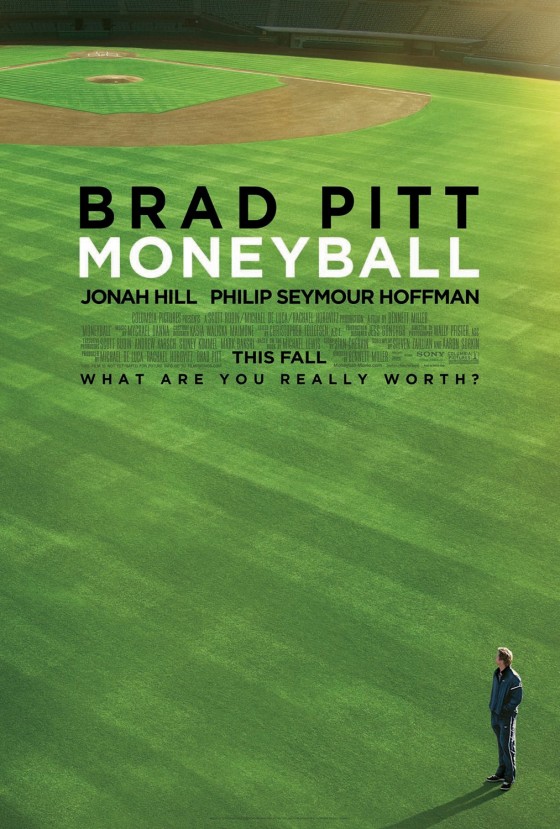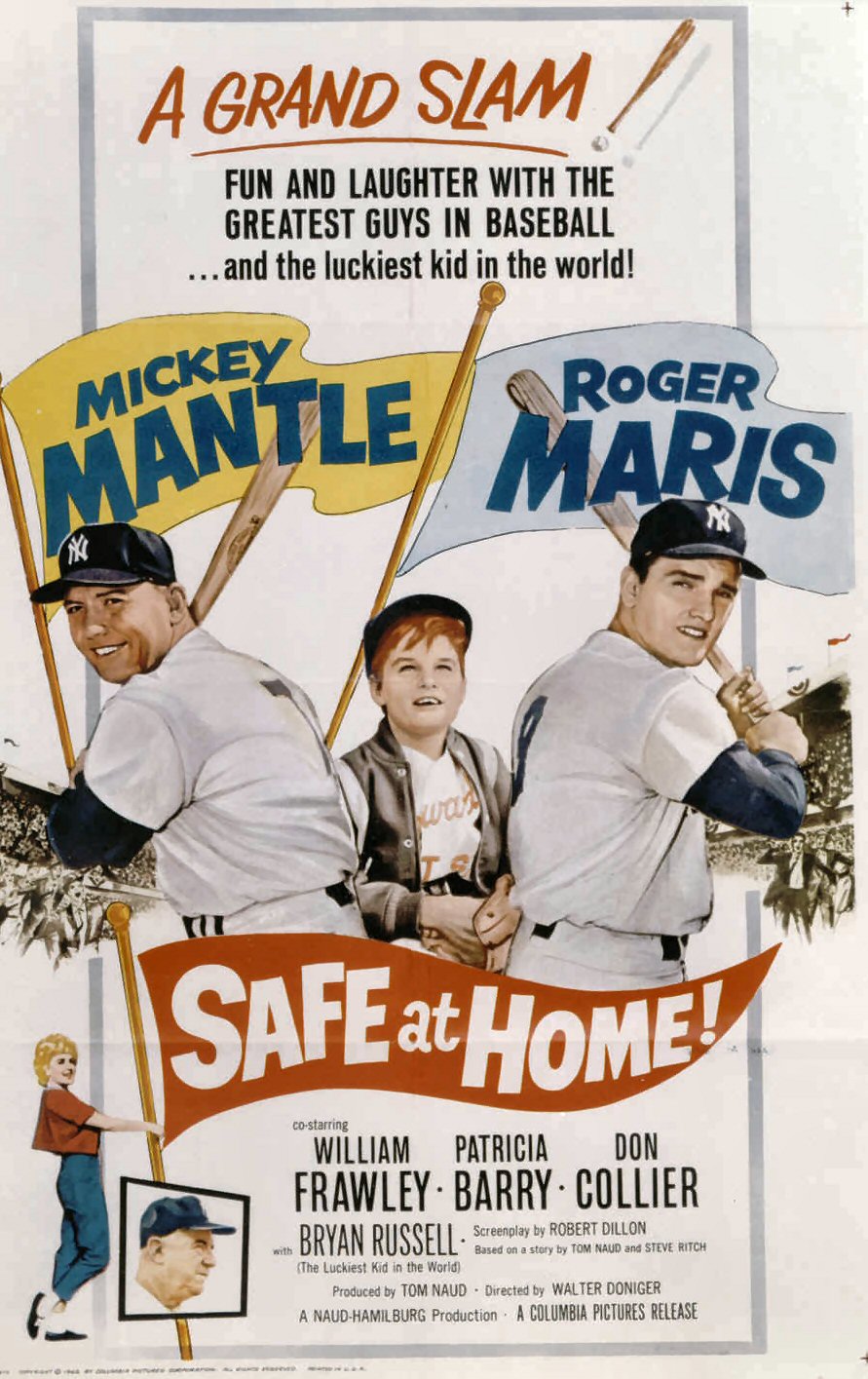Other than the Bible’s gospels, the best known Christmas story is Charles Dickens’ A Christmas Carol. It’s also been a favorite amongst filmmakers, having been faithfully translated and spoofed countless times. Of all the faithful adaptations, the best is now more than 50 years old. This is the British version directed by Brian Desmond Hurst and starring Alastair Sim.
Also known simply as Scrooge, the story follows the miserly Ebeneezer Scrooge (Sim). It’s Christmas Eve and Scrooge is bitter that business will not be as usual the following day. Being open means making money and money is all that matters to Scrooge. Things take a turn for the odd when Scrooge is visited by the ghost of his former partner Jacoby Marley (Michael Hordern). Marley comes with a warning that Scrooge will one day end up in symbolic chains upon his death if he doesn’t change his ways, and fast. To drive his point home, Marley brings on three ghosts that each show Scrooge Christmases from the past, present and future so that Scrooge might come to understand the pain and suffering his greed causes.
Hurst is loyal to the heart of Dickens’ original work. In looking at where Scrooge came from, it shows that he wasn’t always such an inconsiderate money grubber. This incarnation has deep roots in a youthful tragedy and subsequent teachings and life lessons. Scrooge is little more than a lonely person who has forgotten what it’s like to be loved.
Scrooge is one of the all-time great human villains to grace the page and the screen. He’s not some monster or Jedi Sith lord hiding behind a dark mask, he’s a person and that’s what makes his actions so despicable. He’s been so overtaken with greed that his perceptions of the world around him have been skewed. He is blind to the fact that those around him are suffering and that he himself is not truly happy. With deep set eyes and a perennial scowl, Sim carries the film. He is introduced with a cross demeanor and only slowly lets up as his eyes are opened. Sim shows the transition gracefully. It’s his vehicle and he doesn’t disappoint.
But A Christmas Carol wouldn’t be the classic it is if it were only for a performance. It works on a technical level as well. The set deign and costumes are filled with all sorts of small details that reveal themselves with more and more with each ensuing viewing.
Sure, the lesson learned might be a little on the straight-forward optimistic side, but that’s classic Dickens. He came from a different time where you were rich or poor and the middle ground was a lot less prevalent. But as long as the divide still exists and greed runs rampant in the world, A Christmas Carol will stay relevant. The story is a timeless classic and this is the best direction translation the cinema has provided thus far.
Trailer



